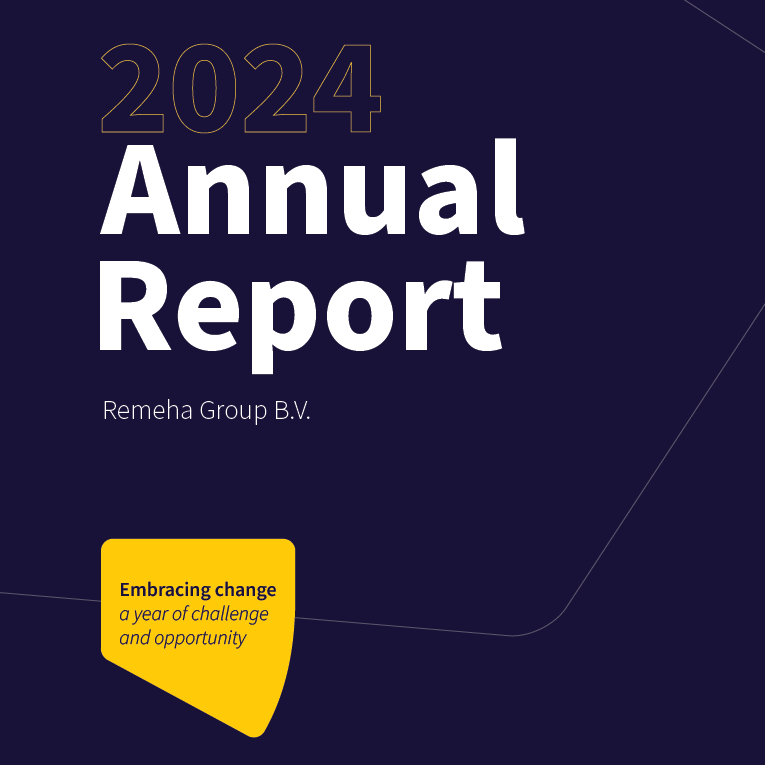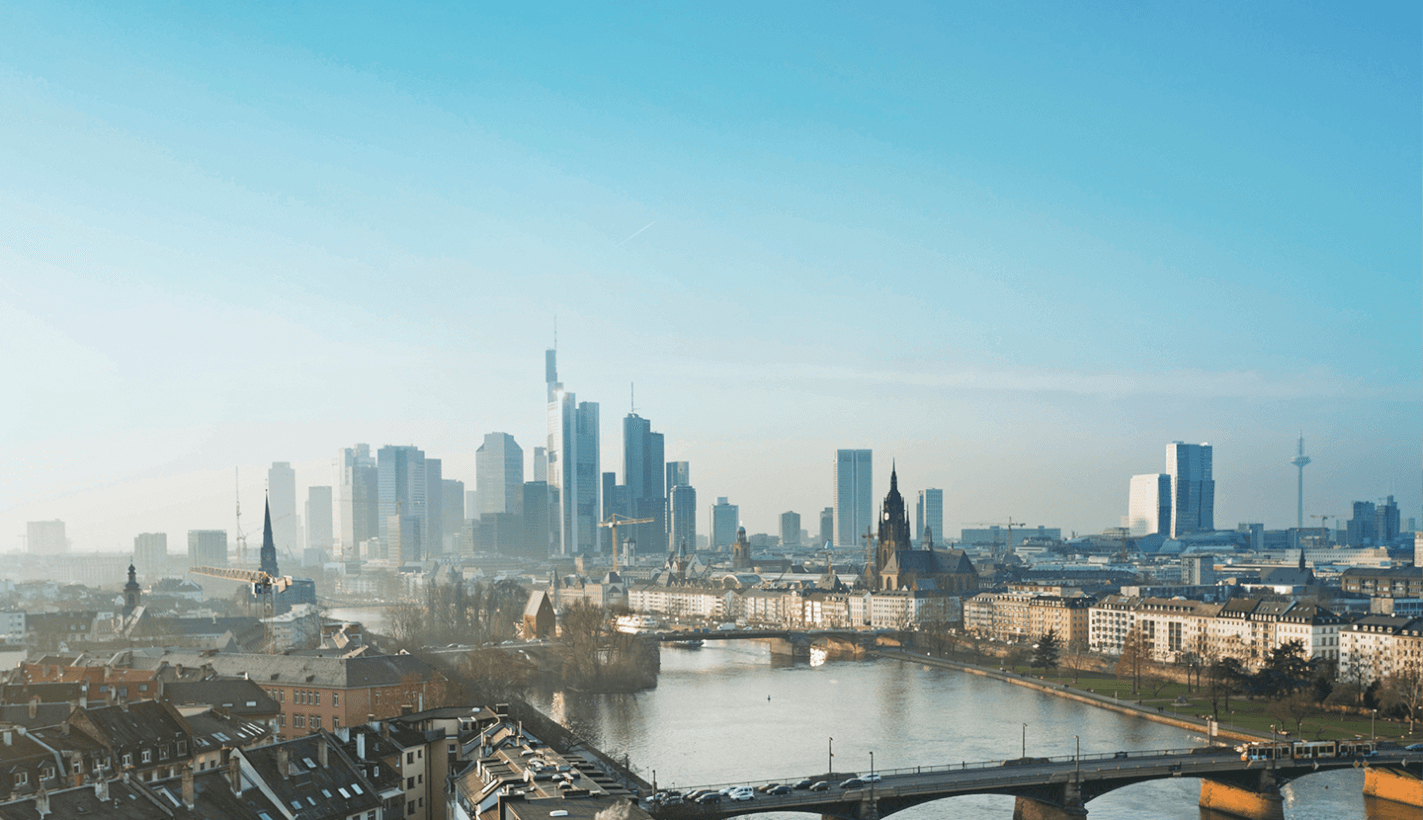Bringing our business to life
What’s happening at BDR Thermea Group?
Explore our latest news and stories. From company updates to news about our innovations, people and events, find out everything you want to know about our business.
Feature article

BDR Thermea Group reflects on a challenging, transformative year in 2024
BDR Thermea Group releases its 2024 annual report today. 2024 was marked by economic uncertainty, fluctuating energy prices, and reduced demand in the heating sector.

